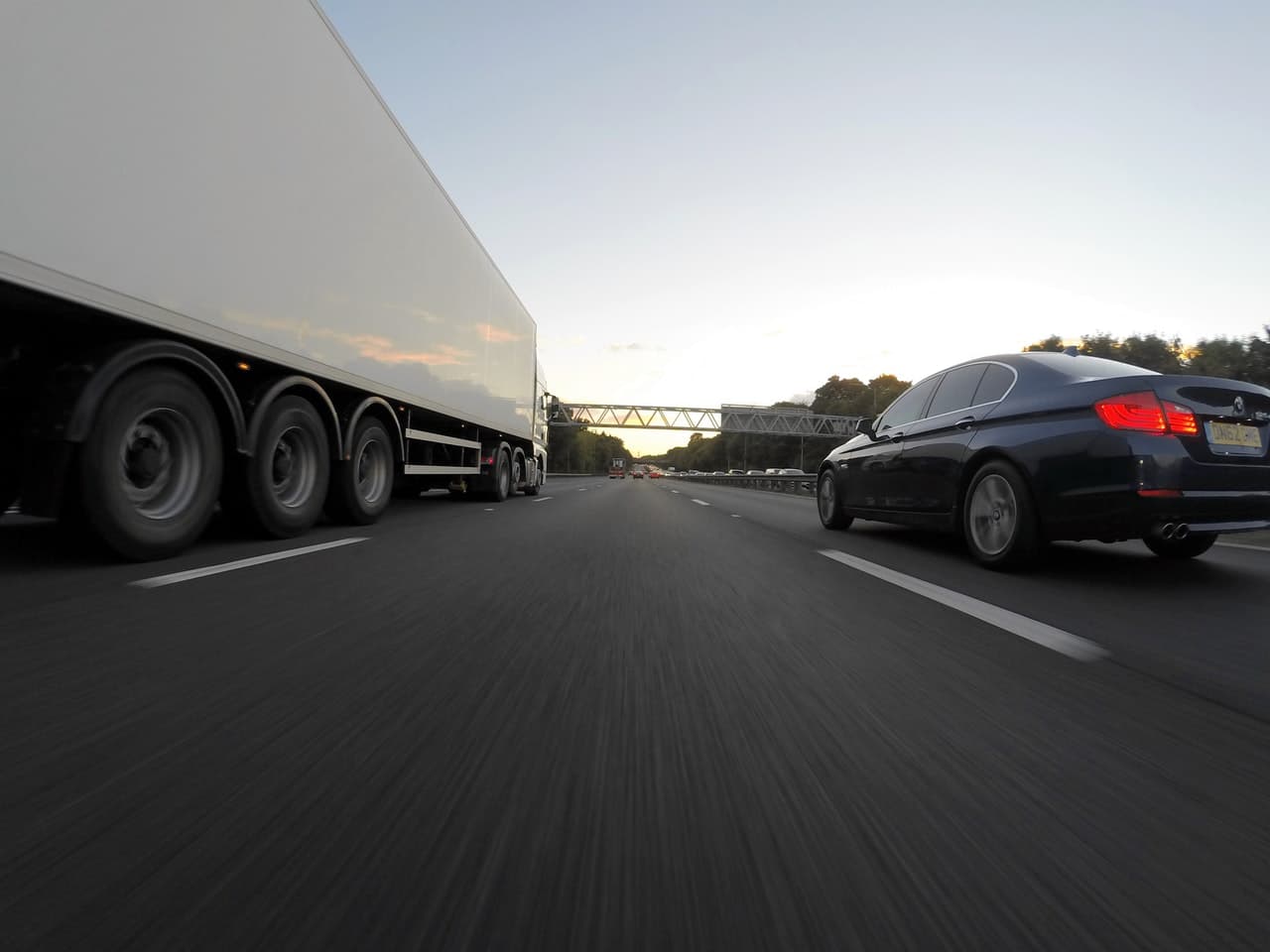Do you regularly check your lorry to ensure that it is still roadworthy? It’s crucial that you do; however, it’s possible that your checks are neither frequent nor thorough enough. Unfortunately, according to recent research reported by Yahoo! News, over 10% of lorries on British roads have defects. Worse, these are defects that need quick or immediate attention.
However, if you know what you are doing, you can assess your lorry in a manner that can make it safer for both you and other people on the road. We will provide some vital pointers.
IMAGE: PEXELS
Too Many Lorries Continue To Have Defects
The Driver and Vehicle Standards Agency studied over 6,000 randomly-selected heavy goods vehicles. The most common faults uncovered were brake defects, which accounted for 28% of British HGVs’ mechanical defects and 33% of those in lorries of foreign registration. Overall, 11% and 12.5% of British and foreign trucks respectively had defects.
DVSA chief executive Gareth Llewellyn commented: “DVSA is committed to helping you keep your vehicle safe to drive. Brakes that don’t work, particularly in something with the weight and power of a lorry, can devastate families and their communities.”
“So it’s disappointing that a minority of operators are still not performing effective checks. If we catch you with brakes that don’t work, we will take your vehicles off the road to ensure the safety of the traveling public.”
What Kind Of Checks Should You Carry Out On Your Lorry?
James Firth, who heads licensing policy and compliance at the Freight Transport Association, recommends that operators “do what is outlined in the industry-backed Guide to Maintaining Roadworthiness, ensure brake performance is properly monitored the whole year round, and you won’t go far wrong.”
This Guide to Maintaining Roadworthiness is available on the GOV.UK website and reports two types of roadworthiness inspection. Each type has its own purpose and demands a particular level of skill. One of those types covers daily walk around checks; DVSA advises that you carry out one of these checks before first driving a vehicle for the day.
Nonetheless, it remains possible that a vehicle which has already been so tested is, on the same day, given to another driver. In that case, that driver should conduct their own walk around check, though health and safety implications might prevent this always happening.
For example, if it is at a bus stop where the driver changes, it might be unsafe for them to carry out this kind of check. Nonetheless, the absence of this check does not have to be deemed a big problem if there remains a robust driver defect reporting system.
The other category of roadworthiness inspections includes first-use inspections and regular safety inspections. The former is where the vehicle is vetted before it is first used by its operator. A complete safety inspection should still be undertaken even if the vehicle has been previously used but not by its new operator. However, safety checks should be made regularly, not as one-offs.
To that end, you should – as far as practicable – carry out safety inspections with a particular frequency. The precise extent of that frequency will depend on how likely the vehicle is, through usage, to incur mechanical degradation. That, in turn, will depend on factors like the vehicle’s age and type and the distance and duration over which the vehicle travels.
Don’t Forget The Insurance
Another key part of preparing a lorry for road use is making sure that you have the correct insurance to legally drive it on UK roads. Driving on those roads without this insurance would risk you getting slapped with big fines and 6 penalty points; you could also be banned from driving.
Taking out insurance would be an added expense, but it could be less financially daunting if you obtain the policy through an insurance broker like Call Wiser. It offers a broad range of motor insurance, from lorry insurance to short term car insurance.
If you are interested in even more watercooler-related articles and information from us here at Bit Rebels then we have a lot to choose from.


COMMENTS